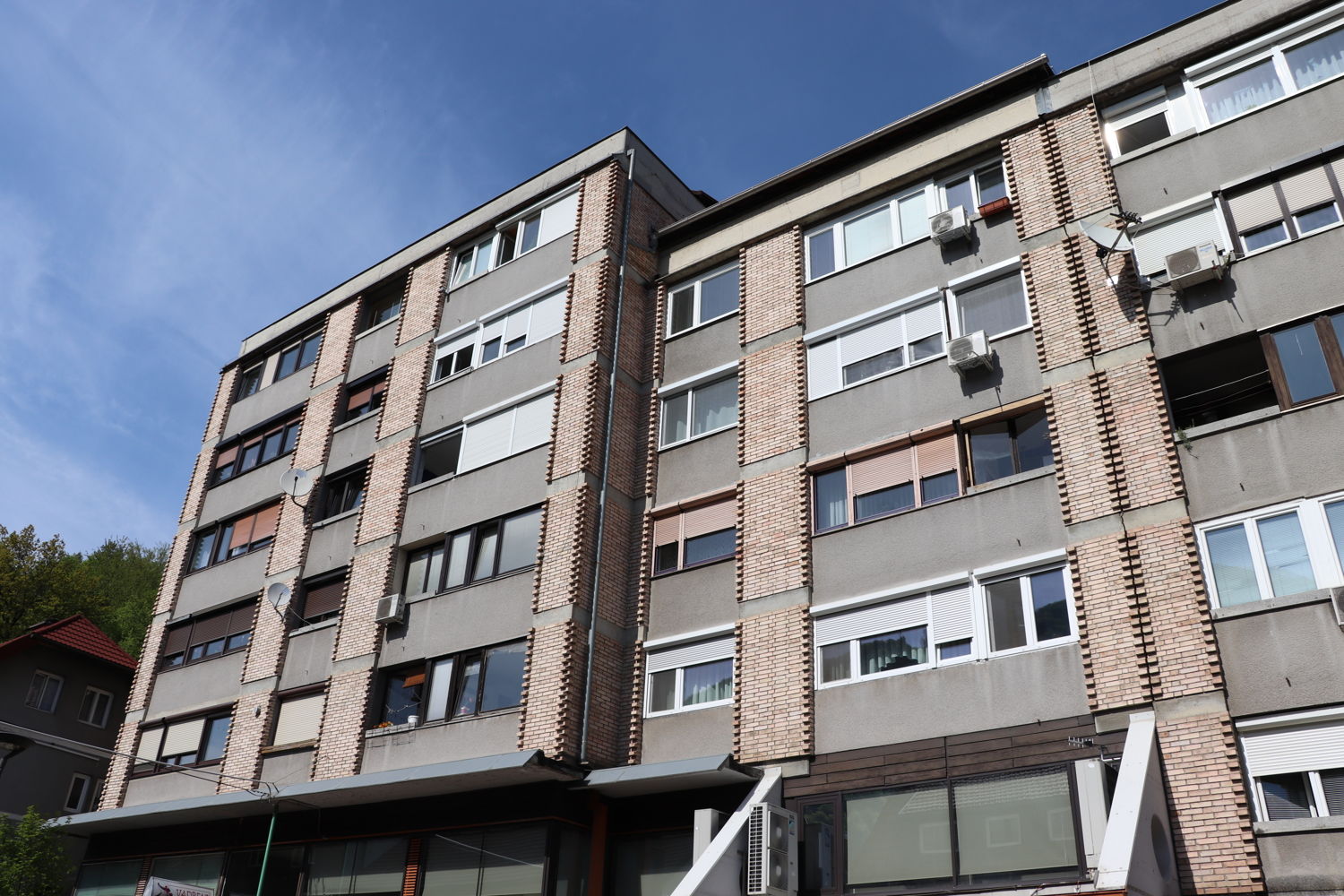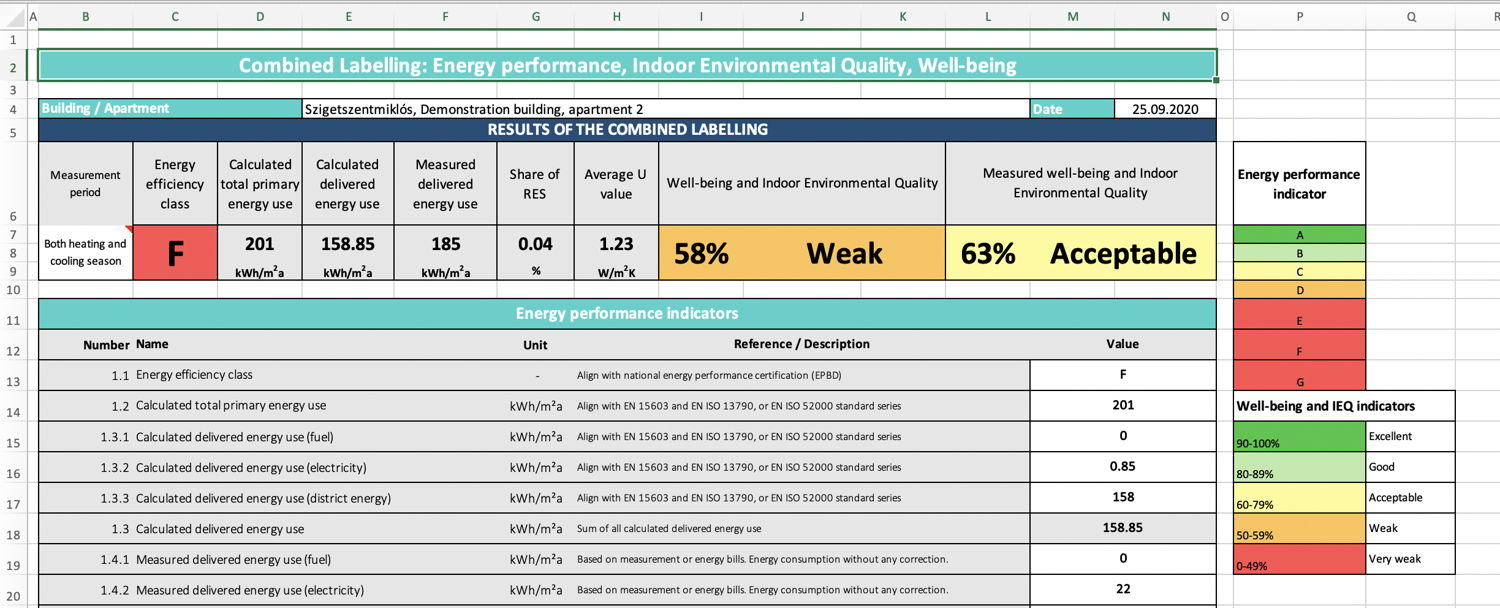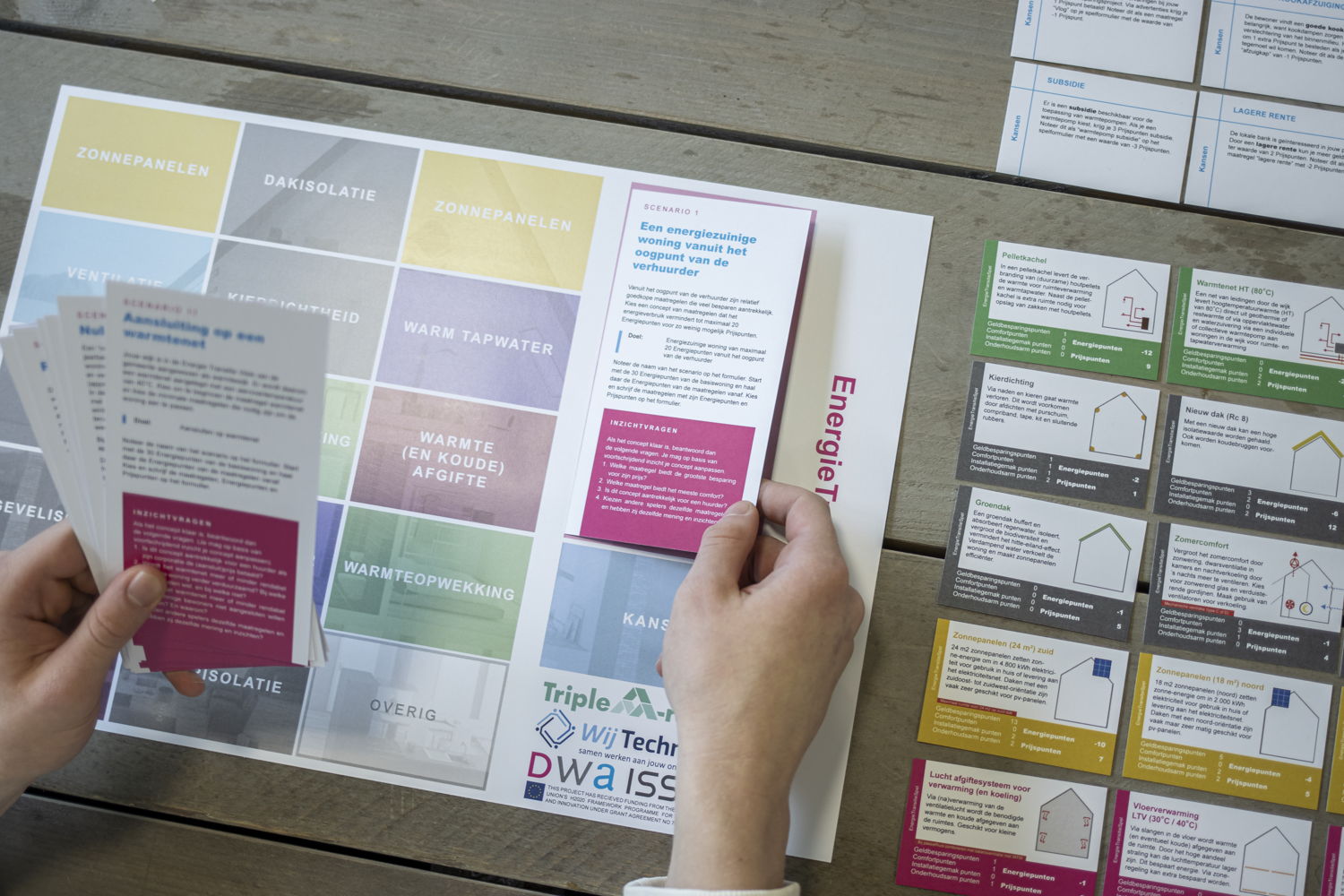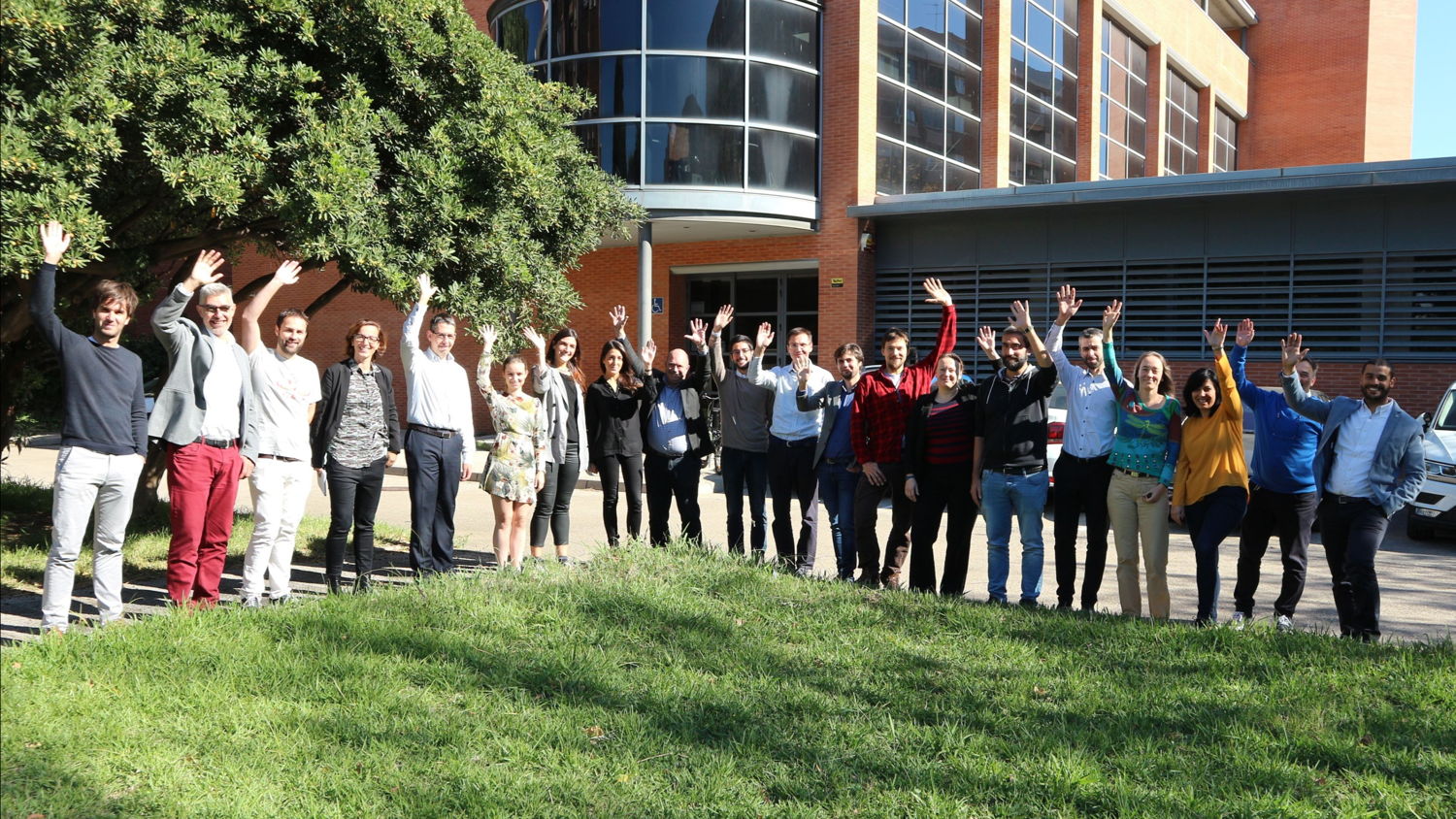A user-centred approach helps building residents and owners across Europe save energy
TripleA-reno, project up for EU Sustainable Energy Award, serves as model of energy savings and improved comfort as demonstrated in Slovenian pilot site.
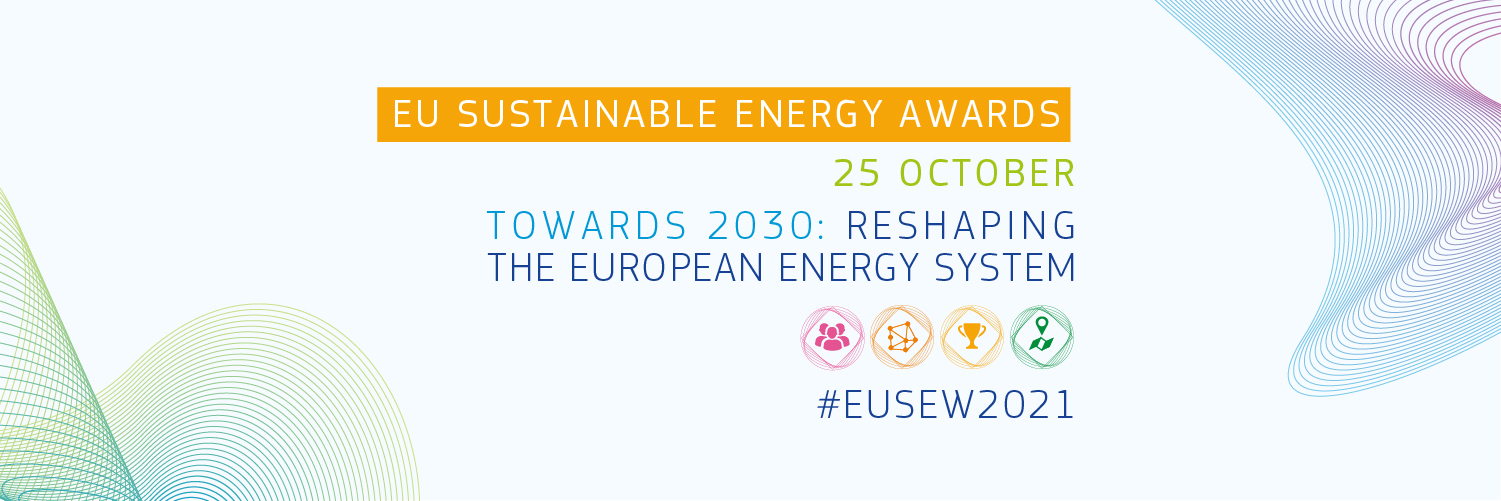
In Zagorje ob Savi, Slovenia, tenants and owners of a 51-unit multi-family building now enjoy cooler, more comfortable indoor temperatures in summer, lower energy bills, and improved indoor air quality. An engaged community of owners and occupants came together to take on the many challenges on their path to building renovation. A part of this process was observed and supported by TripleA-reno, an EU-funded project aimed at understanding what makes deep renovations of buildings attractive, acceptable, and affordable. Together with members of the community at the Zagorje demonstration building, TripleA-reno developed tools that support similar community initiatives, as well as individual homeowners in their efforts to renovate buildings and achieve their goal faster and better.
“In many cases, renovations of multi-family buildings do not take place because of social issues or lack of agreement among tenants and owners,” says Jure Vetrsek, Translator between social and technical experts and project team member, “Our aim is to help different stakeholders involved in building renovation and those living in buildings to make renovation easier and more understandable.”
Across its numerous demo projects in Slovenia, Greece, Italy, Netherlands, Spain, and Hungary, the TripleA-reno team observed and supported renovation efforts that yielded average energy savings of 40% in over 300 residential multi-family demo units. Together, the team presumes to have triggered a total of 2,72 GWh/y primary energy savings, which is equivalent to providing electricity to 1,000 single-family houses for a year. The project has resulted in a potential 1,375 GWh/y renewable energy production on a total of 26,532 m2 deep renovated floor area. All this became possible thanks to a people-centred approach to assist building professionals and residents in understanding the renovation process and its benefits.
Through simple tools, such as an Energy Transition board game, the TripleA-reno team helps kick-start the discussion on possible building renovation measures. A combined labelling scheme developed for building renovations is the first of its kind covering energy performance, indoor environmental quality, and well-being indicators. A gamified online platform guides users through the building renovation process, making it easy to understand and provides a database of retrofit measures and concepts, as well as useful advice for building managers and tradespeople.
“These tools support the renovation process and make it easier for people to start talking about renovation, discover what options are available to them and find the right solutions,” says Domen Bančič, the project’s Ethnographer. “The renovation project in Zagorje had a very visible impact on the local community, spurring plans for further building renovations within the municipality, which will be supported also with knowledge and results that emerged from TripleA-reno.“
With buildings representing about 40% of the EU’s energy consumption and 36% of its greenhouse gas emissions, building renovations for energy efficiency are crucial to meeting the climate goals. The project, which is funded under the EU’s Horizon 2020 programme, is a direct response to the EU’s Renovation Wave Strategy that sets out to at least double renovation rates in the next ten years, and make sure renovations lead to higher energy and resource efficiency. Initiatives such as this one are bringing the EU closer to the 2030 targets.
Engaging European citizens in the energy transition
TripleA-reno is one of three finalists shortlisted for the EU Sustainable Energy Awards 2021 in the Engagement category. The award recognises activities with high social acceptance potential, that inspire and motivate citizens to change their energy usage habits. The two other contenders in the Engagement category include the projects EnergyNeighbourhoods and COMPILE.
EnergyNeigbourhoods is a programme in Hungary that empowers individuals and communities to take action in response to climate change by making energy-saving behavioral changes in a collaborative way. COMPILE is a project that helps to create energy communities integrated with renewable energy in Europe’s rural areas.
EU Sustainable Energy Awards recognise champions of 2030 climate and energy targets
Twelve outstanding individuals and projects are highlighted at the EU Sustainable Energy Week (EUSEW) 2021 for their innovation in energy efficiency and renewables. Finalists were chosen from a list of the year’s most successful projects for clean, secure and efficient energy. The awards have four categories - Engagement, Innovation, Woman in Energy and Young Energy Trailblazer – as well as the Citizen’s Award, which will be received by one of the projects in the first two categories. Prizes will be awarded by an expert jury (for Engagement and Innovation), and by citizens via a public vote, which is now open until 22 October. The five winners will be announced on Monday 25 October during EUSEW 2021.
EUSEW 2021
EUSEW 2021 runs from 25 to 29 October 2021, under the theme ‘Towards 2030: Reshaping the European Energy System’. Taking place ahead of the decisive COP 26, the event brings together energy policy experts, industry leaders, academia and civil society representatives to discuss how forward-looking policies for decarbonisation, energy efficiency, climate mitigation, and many others comprising the European Green Deal, can help rebuild a better and more resilient society and economy.
EUSEW 2021 is held as an online event once again, with more opportunities than ever to connect, engage, network and reflect on the biggest issues in clean energy in Europe and beyond.
Registrations for participants and for media are now open.
For interview requests with the EUSEW 2021 Award finalists or additional media information, please contact media@eusew.eu
